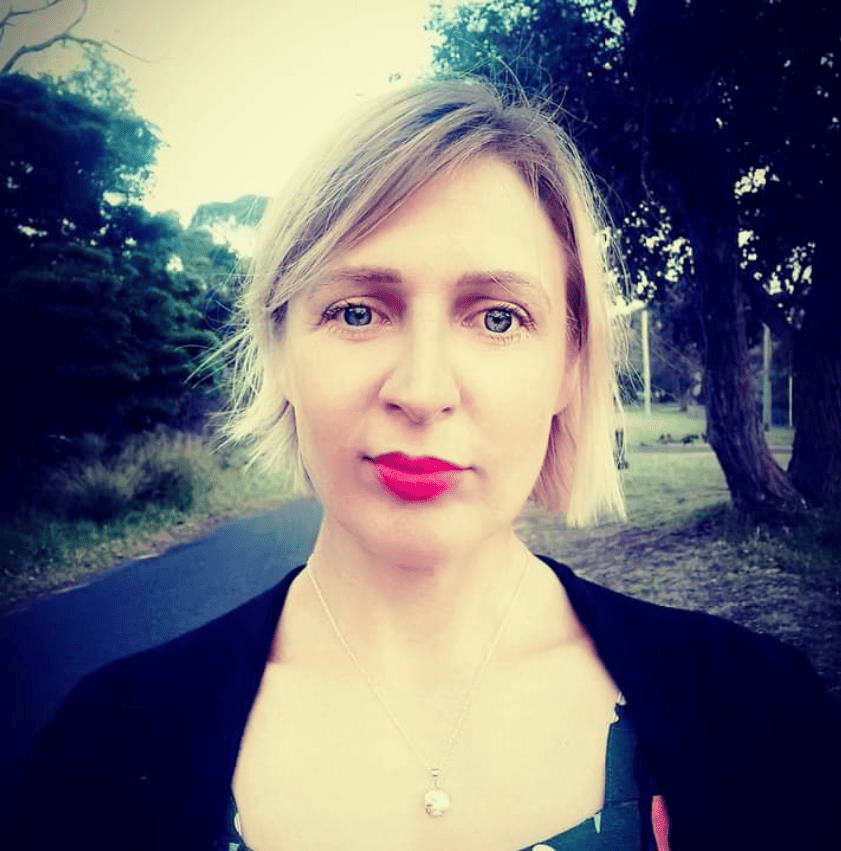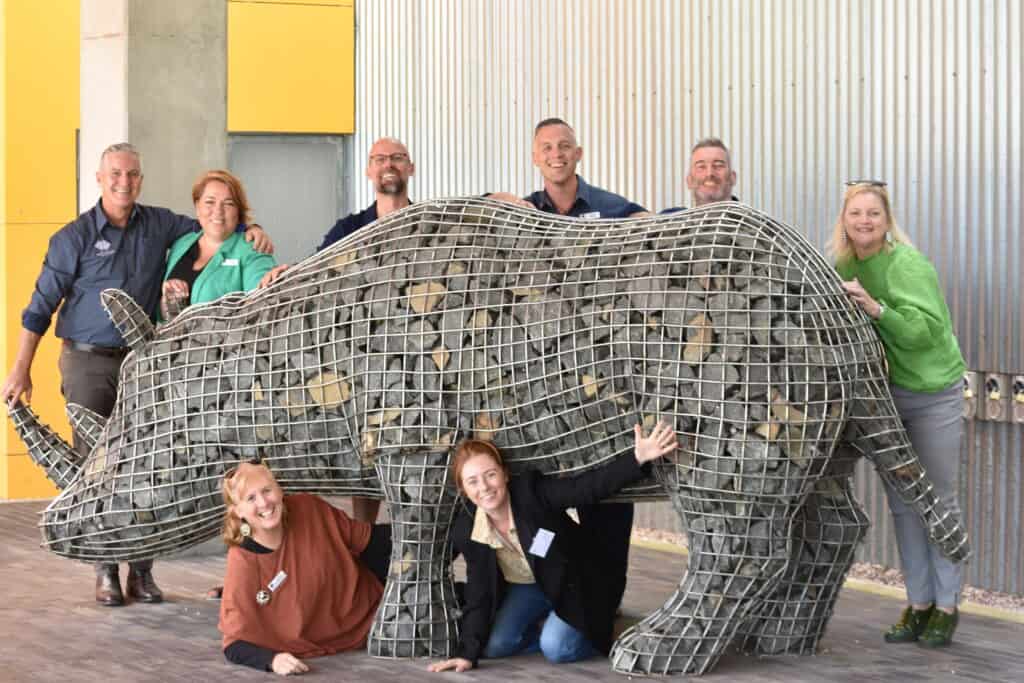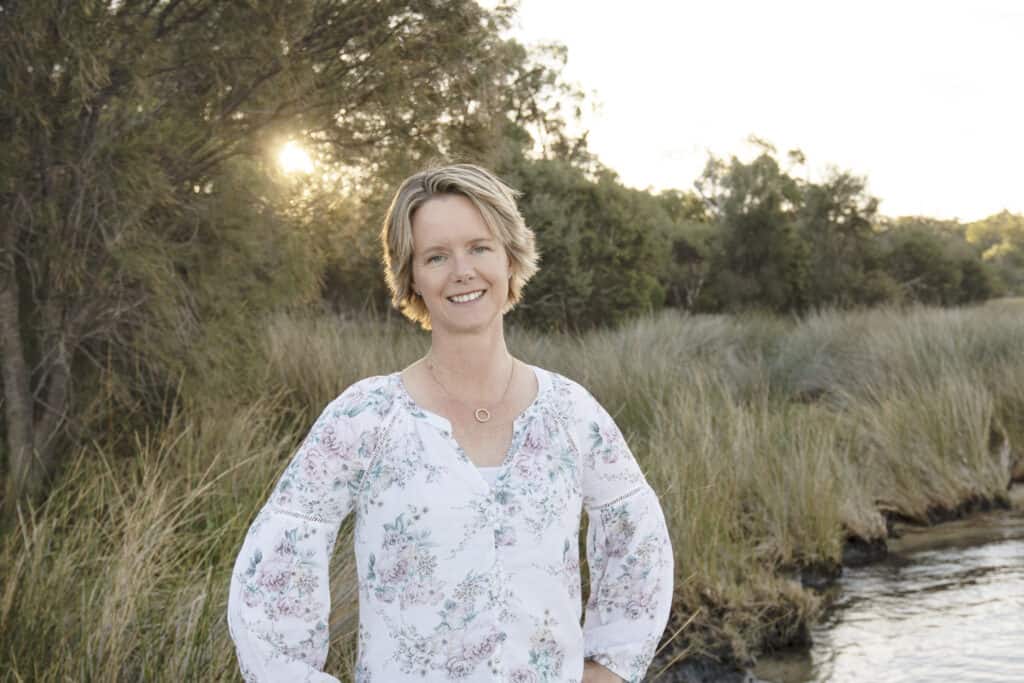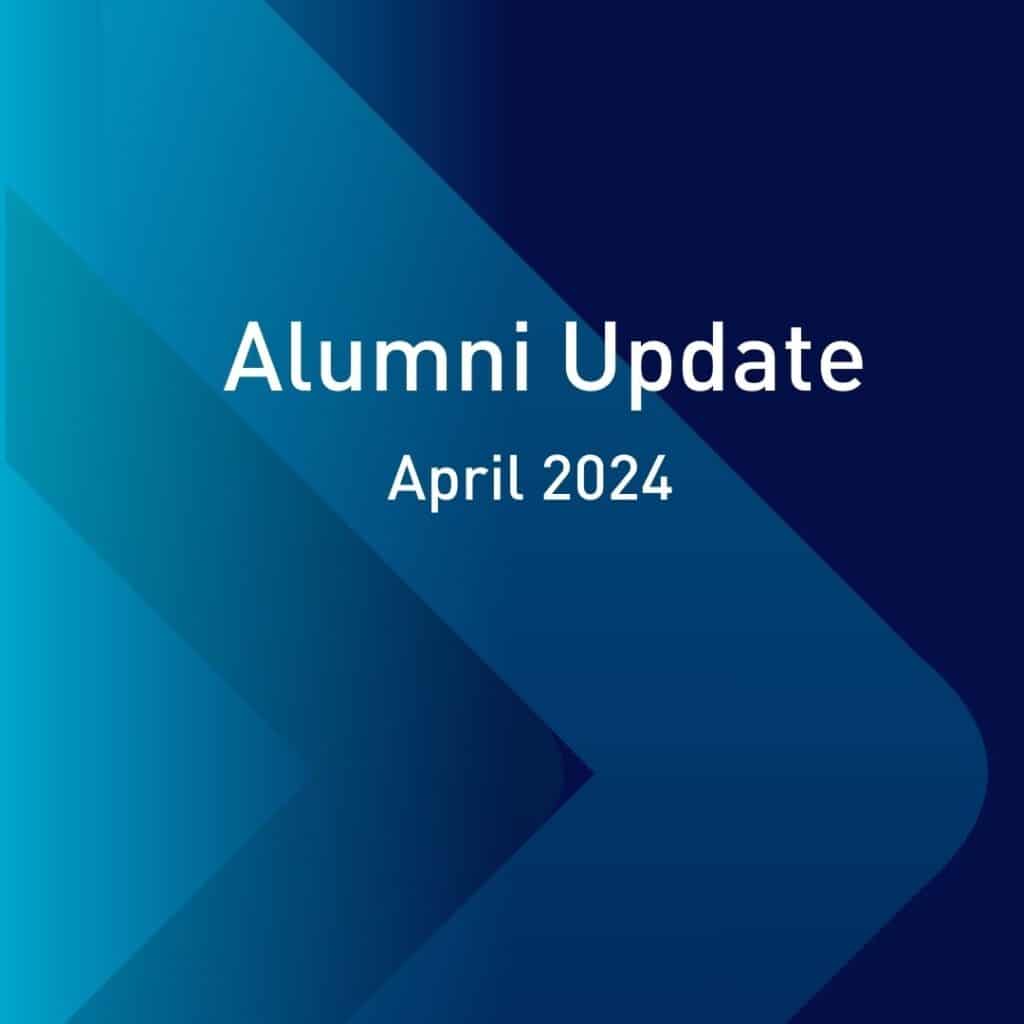Sam missed out. There was no scholarship to grant her a seat on the Australian Rural Leadership Program this year. Not because she’s not deserving or qualified, but because there was no funding for people like her.
At first glance, there’s nothing too unusual about the woman calling regional New South Wales home. She’s a mother, the wife of a veteran and she likes to go to the gym. But at work, she supports the rehabilitation of those recently released from prison.
Community corrections work is often overlooked
For many, it can be difficult to understand the vital role Sam and her community corrections colleagues play in building safer communities.
A former police officer and detective, Sam herself used to put people in front of the courts and then not think of them again. Many years later her understanding has deepened. Through her work, she strives to improve outcomes for offenders and communities.
‘The belief that the problem is solved when you lock someone up comes from lack of understanding. Prison is a deterrent and a place where rehabilitation begins. When an inmate is released, community corrections officers help them build on the inroads made in prison, so they have the best chance at leading a law-abiding life.’
Supporting offenders in rural communities is challenging
Having learnt to put personal judgements aside and navigate complex scenarios, Sam and her team help offenders see themselves from a different perspective – sometimes for the first time. The goal: To allow them to identify their strengths, form healthy social connections, give back to the community and make positive life choices.
It can be a delicate and difficult process, particularly in regional or small communities where everyone knows each other.
‘Living in a rural or remote community, people who have been released from prison are really visible. And when people talk about the such-and-such family and someone feels pigeon-holed by their offences, moving on can be incredibly difficult when it seems nobody believes they can.’
Meaningful conversations are amongst the tools Sam’s colleagues use to analyse and translate complex behaviour patterns – without being confrontational. Over time, this helps those people rebuild social capital, and attach self-worth to positive social connections and behaviours.
‘By helping somebody understand why they have done things, we can encourage ownership and set goals towards positive social behaviour patterns.’
Investing in people who work with people is important
It’s work that requires not just high-level analytical skills but is challenging for community corrections officers who put personal perceptions and judgements aside on a daily basis. For Sam, the people doing the work require as much support and guidance as the people they work with.
To support community correction officers doing their best work, Sam has completed a few state-wide reviews identifying barriers and strengths of the reintegration process. She saw the Australian Rural Leadership Program as a chance to build on this work, start broader conversations and diversify her approach to risk management and problem solving. She was also hoping to draw from the on-country experience to deepen her understanding of Indigenous culture.
Open scholarships can make a difference for leaders like Sam
People like Sam play a crucial leadership role in rural, regional and remote Australian communities, but don’t necessarily get the support for a cross-sectoral leadership development like the Australian Rural Leadership Program. This is where open scholarships come in. Everyday Sam and the work her colleagues has an impact on thousands of people in rural, regional and remote communities. Donating to an open scholarship helps someone like Sam improve the outcomes for individuals, families and communities – one person at a time.
‘Rehabilitation and reintegration is vital. People don’t often see the behind the scenes work taking place – for example, the 30 people community corrections officers have spoken to this week who might have thought their situation is helpless, or someone at risk of escalating in having serious arguments, who called their parole officer and consequently avoided conflict.’
‘We have to invest in community-minded people who work with vulnerable people. That’s what I do in my work. One person at a time. So, anything that is going to strengthen someone like myself, will have going to be a flow on effect.’








